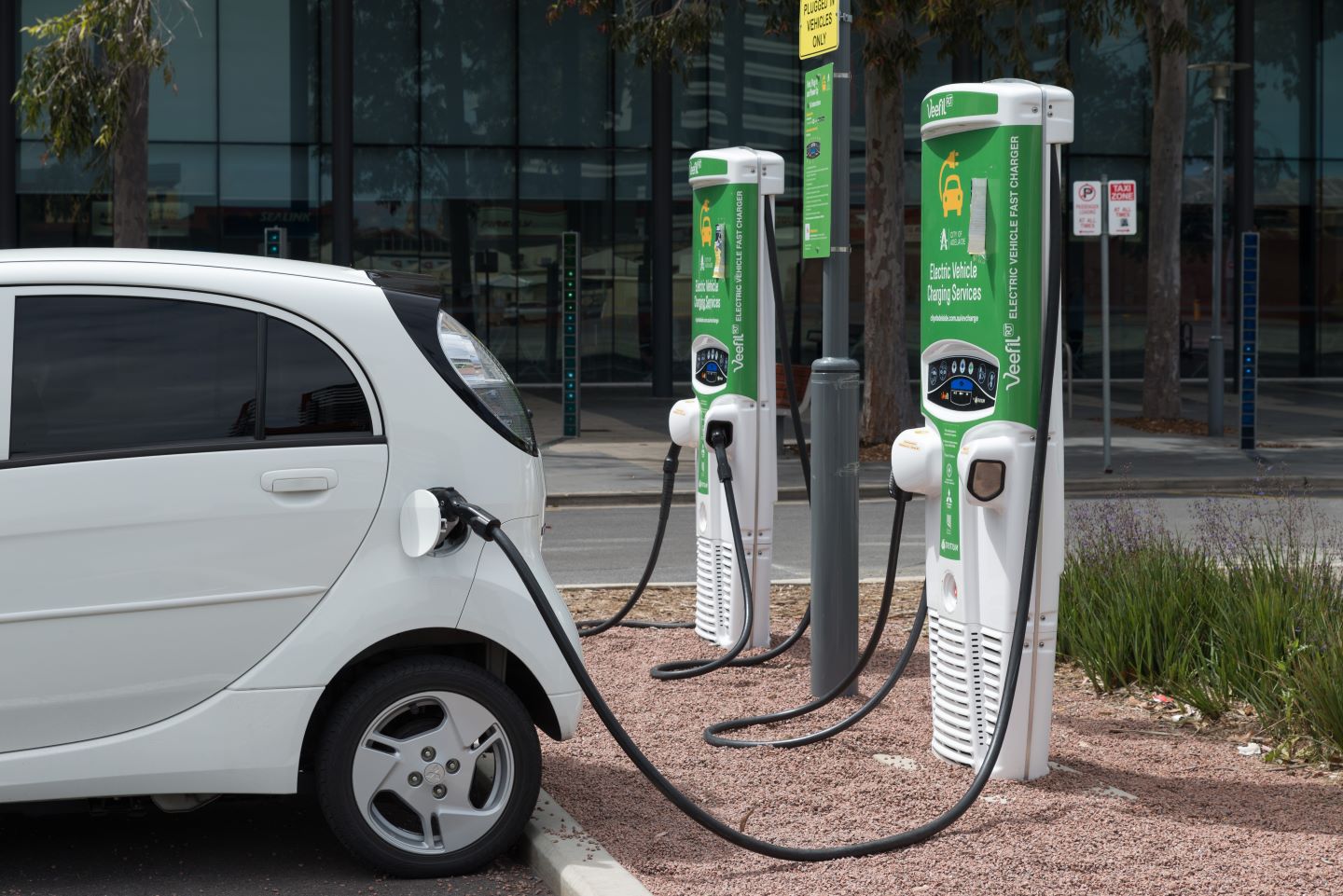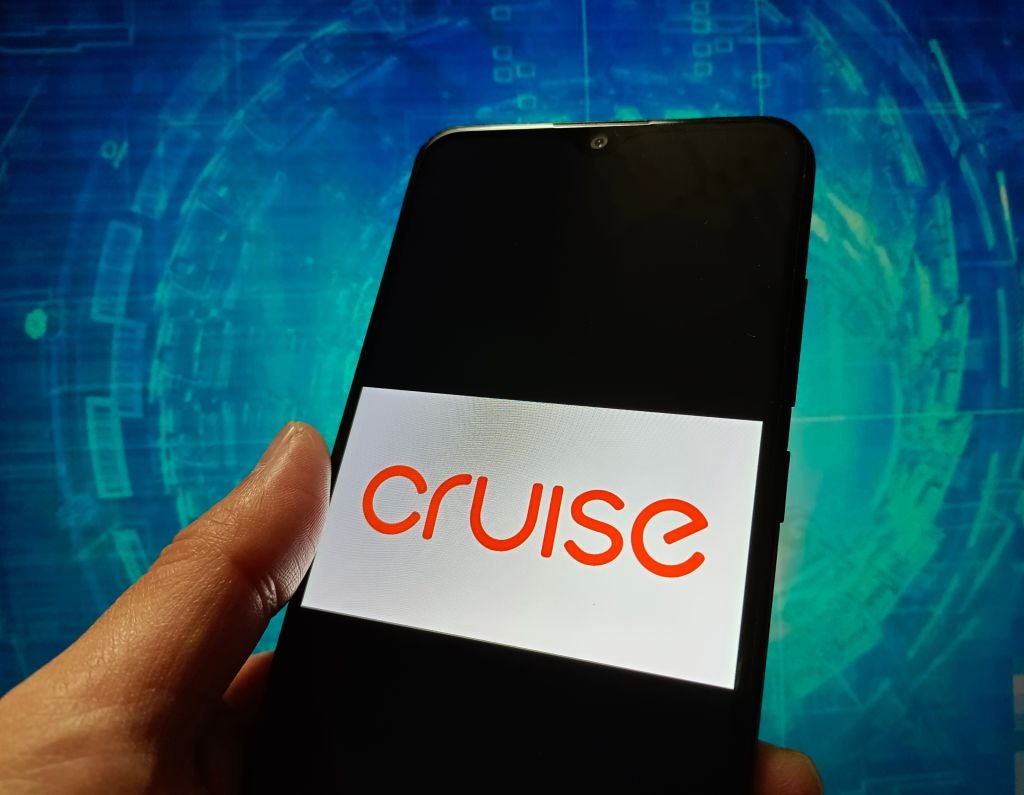As trade tensions between the US and China continue to escalate on various fronts, the latter may have found themselves a new opponent in the fight for global dominance in electric vehicle (EV) production.
After an announcement from the European Commission last month of an anti-subsidy investigation into EV imports to the continent from China, the potential imposition of tariffs could drive significant change in the global EV market landscape.
China leading the way, as usual
As has become the norm with recent technological advancements in various sectors, China has so far emphatically blown the rest of the world out of the water in terms of EV production and sales. One factor that has certainly aided its head start is its dominance of global supplies of several critical resources, such as lithium and graphite, which are crucial components of battery electric vehicles (BEVs). Lithium-ion battery technology is currently the most efficient (and by far the most widely adopted) method of powering electric vehicles. The benefits of controlling 60% of global lithium supplies are, therefore, somewhat evident, giving China a huge advantage in becoming the frontrunner in the development of the technology.
A competitive nation when it comes to global trade, China would naturally have wanted to lead the future of global automaking, having been resoundingly beaten to the punch by Western combustion engine producers over the last century. Favourable government incentives helped encourage buyers, driving higher demand for electrified driving options in China than elsewhere; the result being a battery EV fleet of 11 million vehicles by the end of 2022. The US, the second-largest producer, had only 2.1 million. However, Europe is making efforts to catch up, not least with the recent announcement of the investigation last month.
Potential for tariffs
Having begun in September, the investigation must conclude within 13 months, after which a decision will be made on whether to impose countervailing duties to protect the EV market in the European Union (EU). All that has been made public so far are the announcement of the investigation, and allegations from Ursula von der Leyen, President of the European Commission, in her speech that “Global markets are now flooded with cheaper Chinese electric cars, and their price is kept artificially low by huge state subsidies.”
It will be up to China to provide evidence that EV production on Chinese soil, whether by domestic manufacturers or Western brands, is not benefitting from state subsidies that allow them to be marketed at unfair prices in Europe. It is, however, relatively well-known that assistance from the government has played a big part in the prosperity of China’s EV industry, so demonstrating this conclusively will likely prove very difficult.
How well do you really know your competitors?
Access the most comprehensive Company Profiles on the market, powered by GlobalData. Save hours of research. Gain competitive edge.

Thank you!
Your download email will arrive shortly
Not ready to buy yet? Download a free sample
We are confident about the unique quality of our Company Profiles. However, we want you to make the most beneficial decision for your business, so we offer a free sample that you can download by submitting the below form
By GlobalDataEurope has long been much less hostile to Chinese companies than the US. Having traditionally dominated the auto industry, European automakers did not view China as competition. However, December 2022 marked the first time that Europe had imported more cars from China than it had exported. It is no wonder the relationship has turned sour, with the imposition of import tariffs on Chinese-produced EVs a highly likely outcome should China fail to disprove EU allegations.
A catch-22 situation for some European manufacturers
It would be naïve to assume that there will not be a retaliation from China if countervailing duties are ultimately applied to their EV exports to Europe. In theory, weakening the competitiveness of China’s EV industry should only serve to benefit European producers, but there is a catch: several influential European automakers have invested heavily in production in China, or work closely with their Chinese counterparts. During the first half of this year, almost 50% of China’s EV exports were made either by foreign brands or by joint ventures between European and Chinese companies.
Traditional automaking powerhouses in Germany are among those who may find themselves in an awkward situation. Volkswagen, for example, has been ramping up investment in China in the EV space, as it announced in April that it would invest $1.1bn in a new Chinese centre for the development of electric cars. The car-producing giant currently sells more products in China than in any other market while Audi, a subsidiary of the Volkswagen Group, has also partnered with SAIC, China’s largest automaker, to develop EVs.
It is somewhat ironic that the very brands that these potential tariffs are supposed to protect could be most at risk should China retaliate with countermeasures. Whatever the conclusion of the investigation, the automaking world will be following developments extremely closely.







Related Company Profiles
Volkswagen AG
Audi AG